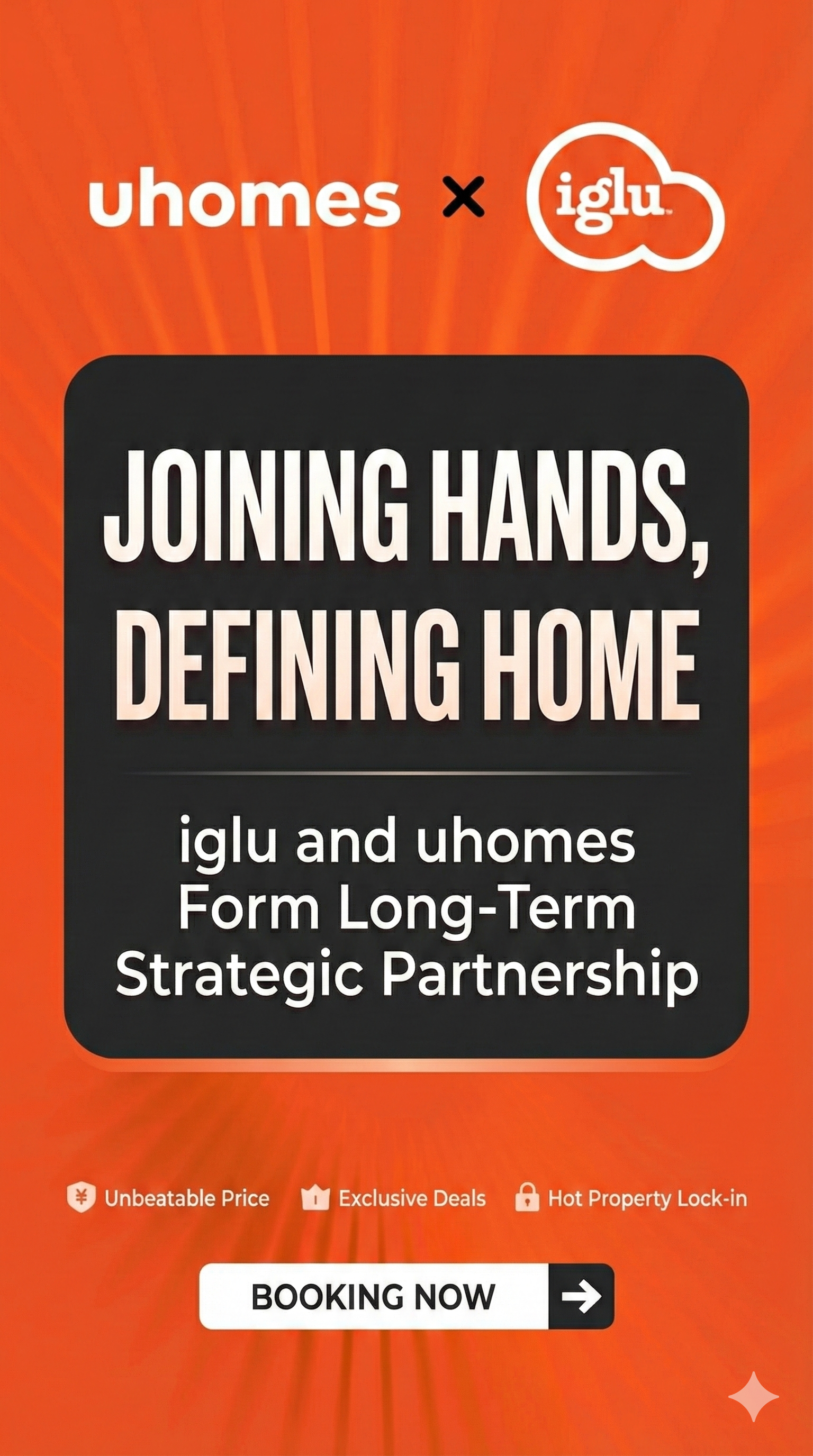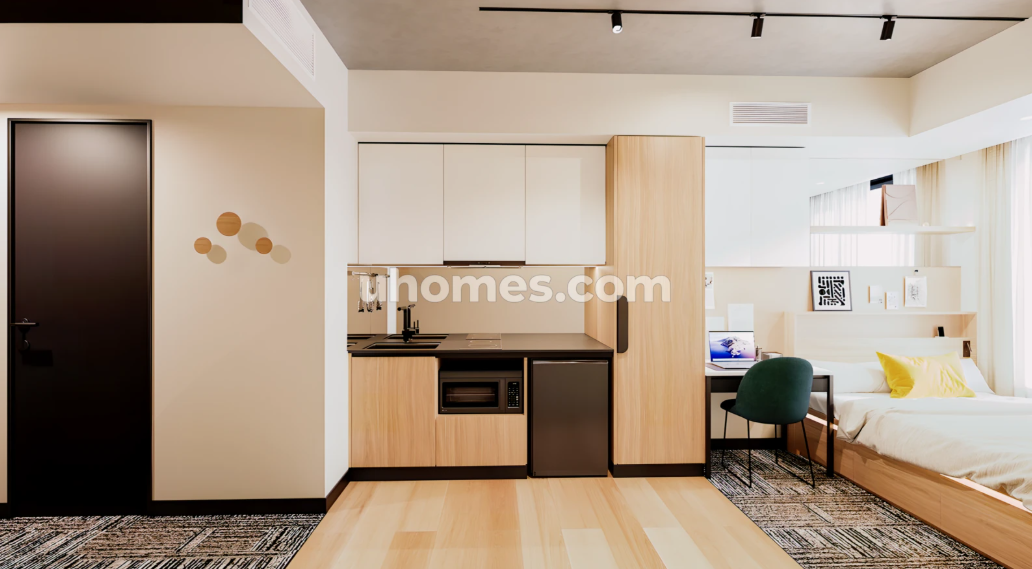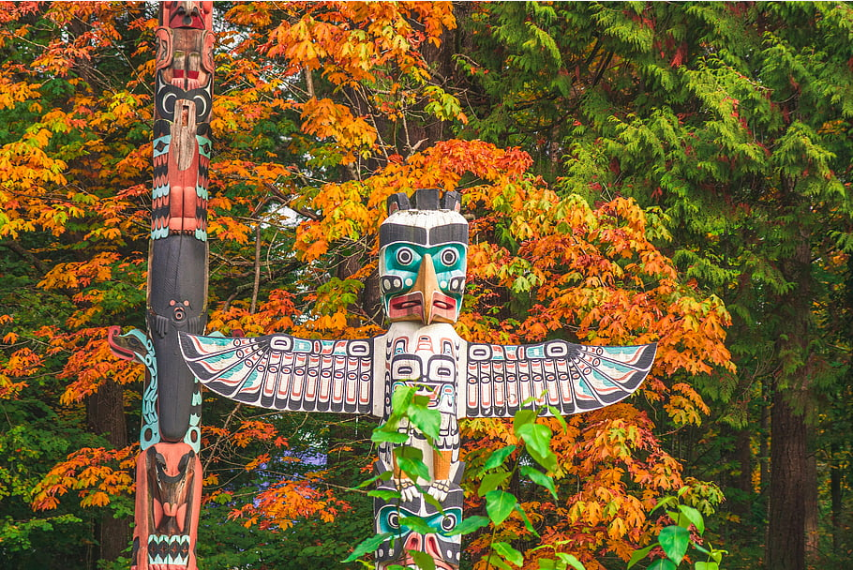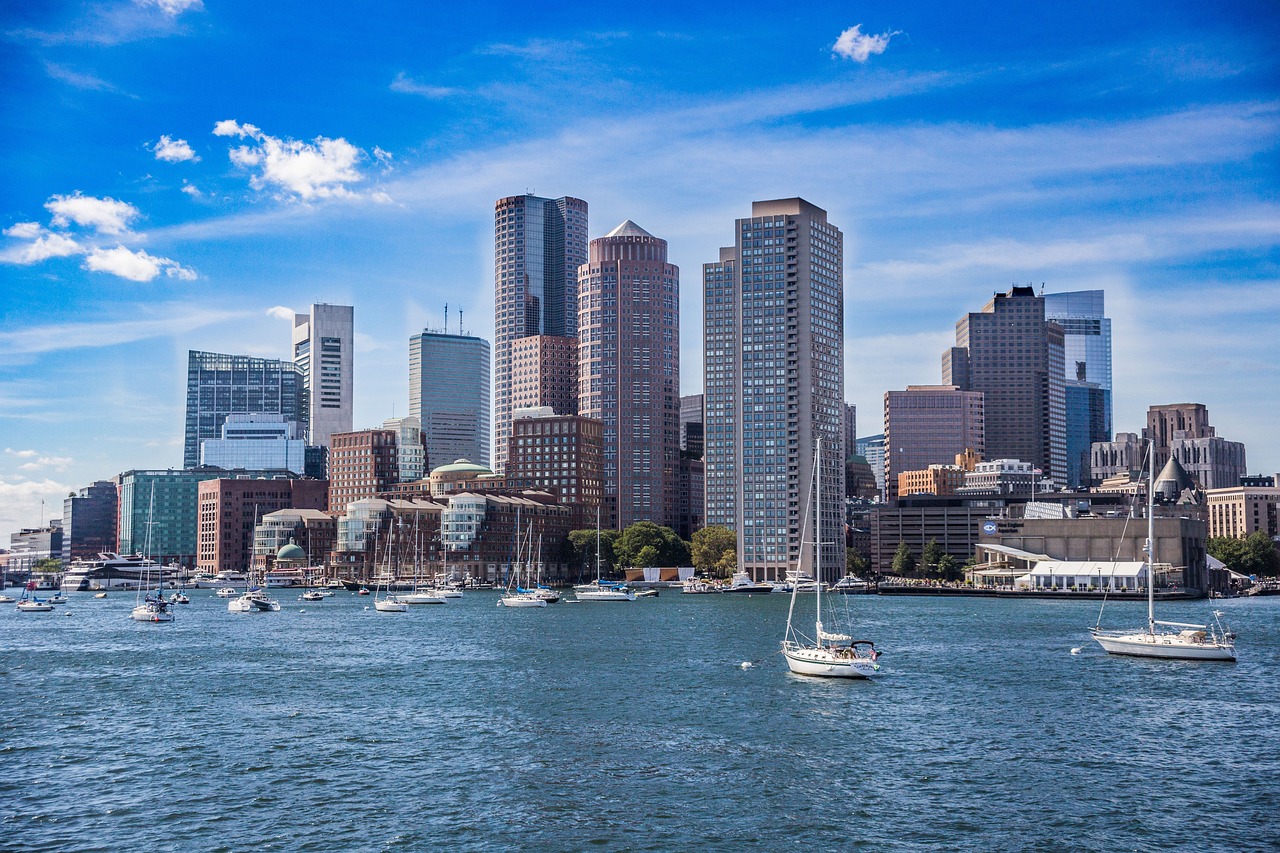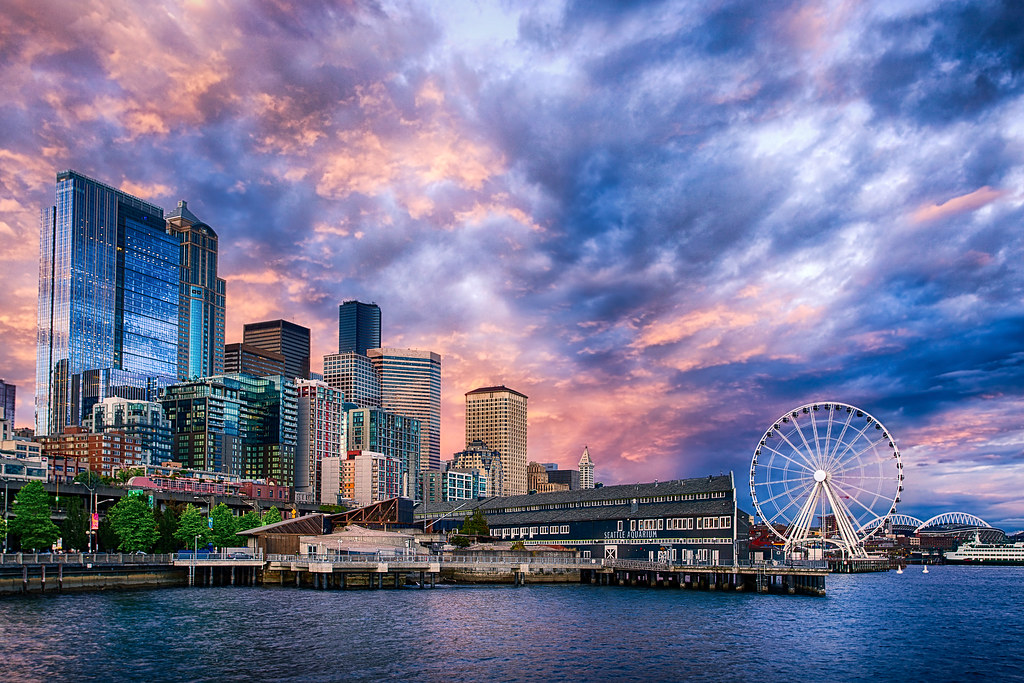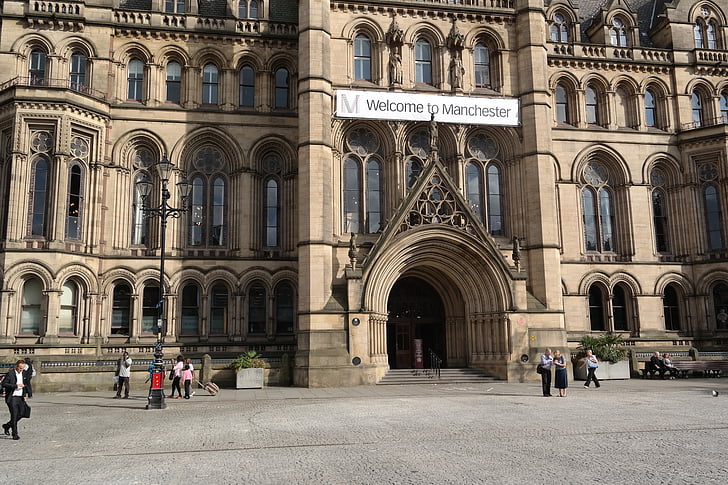Is Boston safe? Boston, a city with a long history in the United States, is known for its rich culture, diverse communities and world-class educational resources. Like all big cities, there are often questions about its safety. What is the overall level of safety in Boston? What are the safest areas around boston to stay or visit? Is it safe to travel at night and use public transportation? These questions are among the top concerns of people preparing to visit or live in Boston. This article will take a comprehensive look at the state of Boston safety, from Boston crime statistics to safety analysis in specific areas to the details of everyday life such as accommodation, transportation, and drinking water to give you a clear picture of Boston safety. Through detailed breakdowns and practical advice, we hope to provide you with the most valuable reference for living or traveling in Boston.
How Safe is Boston?
Like many large cities with large populations, Boston has a high crime rate. However, it is not even close to being the most crime-ridden city in the U.S.. While it may seem remarkable that the Boston crime rate is roughly double the national average, this also takes into account the countless rural cities in less populous states in the United States. Crime rates are relatively low in downtown Boston and major tourist areas, and thanks to the presence of patrol officers and surveillance facilities. In addition, close cooperation between community residents and city agencies is also an important part of Boston safety management system, which further enhances people’s sense of security.
While the overall level of security in Boston is high compared to many other large cities, there are some safety issues that need attention in Boston. When tourists are in crowded public places or taking public transportation, they should pay attention to keeping personal belongings to avoid unnecessary losses. Besides, some areas in Boston still have higher than average crime rates, and it is recommended to be informed and prepared before traveling to these areas.
In general, daily life in Boston is safe and vibrant. Residents and visitors alike can enjoy a pleasant experience in a city steeped in history and culture by maintaining a common sense sense of safety.
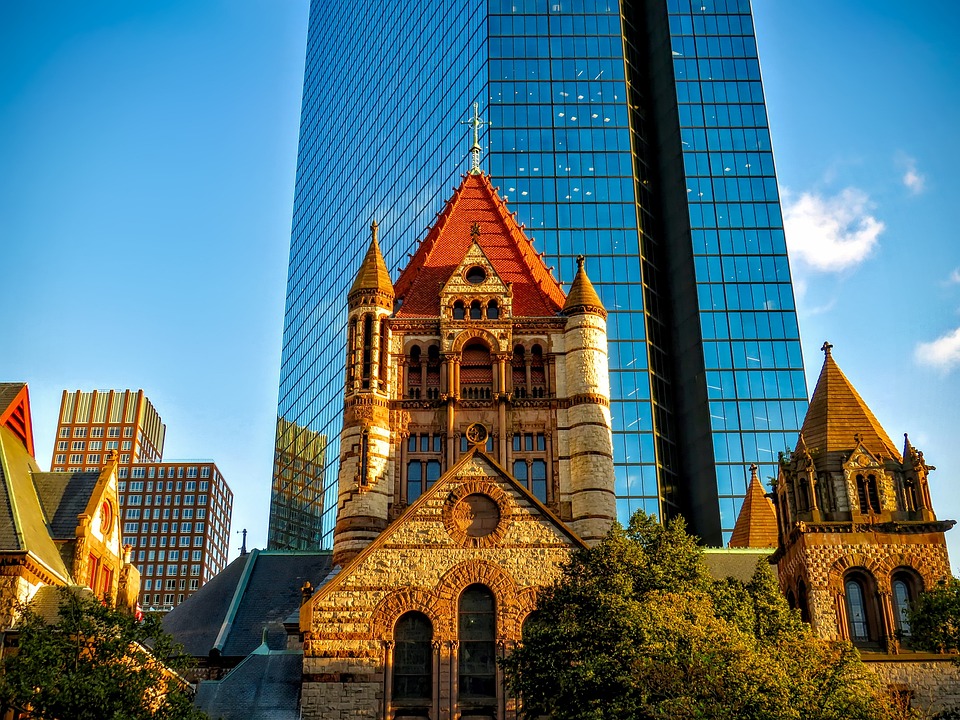
Boston Crime Rate and Statistics
In order to find out the answer to ‘Is Boston Massachusetts safe?’, let’s take a look at the Boston crime rates and statistics.
Boston Crime Statistics
| Boston Crime Statistics | ||
|---|---|---|
| Statistic | Reported Incidents | Boston/100k People |
| Total Crime | 15,469 | 2,421 |
| Violent Crime | 3,955 | 619 |
| Property Crime | 11,514 | 1,802 |
Boston Crime Rate
Is Boston Safe at Night?
When it comes to night safety in Boston, most areas of Boston remain highly secure at night, thanks to a well-established policing system and an active community atmosphere. For example, Downtown Boston, with bright lights and dense pedestrian traffic, is one of the ideal areas for nighttime activities. Back Bay is also a recommended night spot, known for its high-end restaurants, bars and shopping streets, and the overall environment is safe and lively. As Boston’s Italian neighborhood, the North End is brightly lit at night, making it an ideal place to enjoy dinner or a leisurely stroll. So, stay or walk around in the the central, better areas of Boston, and always pay attention to your surroundings, you will be safe and sound.
Safe Tips for Traveling at Night in Boston
1. Avoid walking alone. Even in safer areas, try to avoid walking alone at night, especially in low-light areas.
2. Using public transportation or ride-hailing services (such as Uber and Lyft) at night is a safer option. Boston subway system has limited operation between 10 p.m. and early morning, so plan your trip in advance.
3. Keep your phone work. Make sure your phone is fully charged and download local navigation and emergency contact apps in case you need them.
4. Pay attention to your surroundings. Stay alert when walking at night and avoid using headphones or being too distracted. Choose streets with more people and bright lights.
Is Downtown Boston Safe?
Downtown Boston, the heart of the city, attracts visitors from all over the world with its rich historical sites, bustling business district and cultural attractions. So, just how safe is the downtown Boston?
Downtown Boston is generally safer, especially during the day. There is a high police presence and security measures, and the crime rate is relatively low. The Boston Police Department works closely with the community and regularly patrols to ensure public safety. In addition, cameras have been installed on main streets and public places in downtown Boston, providing an extra level of security for residents and visitors. Still, like the central area of any big city, the downtown Boston can also be the scene of some small crime, such as pickpocketing or fraud. Visitors should exercise basic vigilance when visiting, especially in crowded areas.
Downtown Boston at night, although less pedestrian traffic, can still maintain a high level of security, especially in well-lit, easily accessible areas. However, some remote alleys or sparsely populated streets may present certain safety hazards. Tourists and residents are advised to choose the main road when traveling at night and try to avoid walking through unattended areas alone.
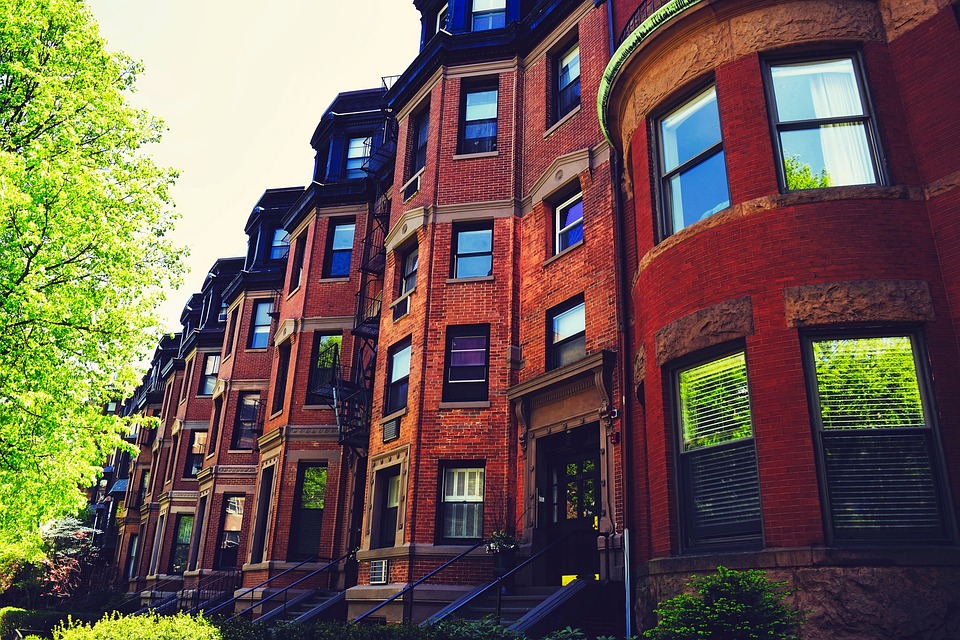
Areas Better to Avoid in Boston
Althoug most areas are safe in Boston, there are still some areas, if possible, you shouldn’t or better not visit.
Roxbury
It is located at the south of South End of Boston, a large neighborhood with more than 60,000 residents. The latest violent crime statistic reaches 1,162 per 100k people. If you indeed need to visit this area, you’d better go there during the daytime, or with friends together.
Mattapan
Mattapan, nestled on Roxbury’s southern side, is considered as one of the most run-down neighborhoods in Boston, and we recommend you to avoid going there. Drug issues and Gang are commonplace and hazard index spike. If you have not choice and absolutely have to go there, choose the daytime.
Dorchester
Some of Dorchester areas, the Bowdoin/Geneva district, and the 68-block section are considered as one of the most violent neighborhoods in Boston. If you have no choice but go there, better choose the daytime, stay aware of your surroundings at any time, and avoid staying alone.
Although most areas are safe in Boston, Roxbury, Mattapan, and Dorchester with slightly higher crime rates, still needed to be avoid. If you have to go those areas, be vigilant when travelling, staying or walking around. While these neighborhoods are undergoing positive renovations and policing improvements, it is still advisable to avoid traveling alone during evening events, especially in isolated streets or quiet residential areas.
Safe Accommodation Options in Boston
What are the safest areas in Boston? Is Boston safe to live? A safe living environment is an important consideration when choosing a place to live in Boston, especially for students, families, and new immigrants. Here are the safest neighborhoods in Boston for accommodation options.
Back Bay
Back Bay is one of the core areas of downtown Boston and is popular for its unique historic buildings, green streets and modern amenities. This area is well policed and is one of the relatively safe parts of the city. Back Bay is not only close to the Boston Public Garden and the Charles River Trail, but also boasts many restaurants, shops and upscale apartments, like One Back Bay, making it an ideal choice for students, young professionals and families.
Brighton
Located west of downtown Boston, Brighton is a quiet residential area, especially for students and new residents. There are many affordable apartment and rental options, such as 55 Brighton, 214 Market St, and it is close to Boston College and Boston University. With the low crime rate, friendly community atmosphere, and easy public transport, Brighton has become a popular place to live in Boston.
Beacon Hill
Beacon Hill is one of the most historically attractive areas in Boston, known for its narrow cobblestone streets and rowhouse brick houses. This area is not only beautiful and safe, but also conveniently located near the State Government building, Boston Common and the Charles River. When it comes to the accommodation at Beacon Hill, The Hancock, and 53-55 Parkman are the popular apartments in Boston. Despite the relatively high rents in Beacon Hill, the safety and quality of living here have attracted many residents and long-term tenants.
How Can uhomes.com Help?
All the apartments for rent in Boston listed on the uhomes.com platform are strictly screened and certified for safety, ensuring that the accommodation provided meets renters’ requirements for safety. Whether single rooms, studios, multiple bedroom apartments or a family home, uhomes.com offers various options to suit every need and budget, covering every safe area in Boston. At the same time, most of the student apartments on the platform are equipped with modern security facilities, including 24-hour video surveillence, electronic access control systems and professional security teams to ensure a safe living environment for students.
uhomes.com offers numerous student housing that is often located near Boston University, Northeastern University, MIT and other universities in Boston, making it easier for students to get to and from school and reduce commuting time. These student apartments are often equipped with community support services such as reception, maintenance services and regular social events to help students quickly settle into the new environment.
Is Boston Safe for Different Groups?
The safety of Boston varies due to differences in population and region. Generally speaking, it is one of the relatively safe major cities in the United States, but preventive measures should be taken in accordance with specific scenarios.
For Student Body
As a “university town” with 35 colleges and universities, Boston has made significant investments in campus security. The violent crime rate in student clusters such as Allston and Brighton is 18% lower than the national average. Boston University, Northeastern University and other institutions are equipped with blue light alarm columns, night buses and joint patrol systems by campus police and city police. However, it should be noted that robberies occur occasionally on remote sections at night in areas such as Roxbury Crossing. It is recommended to avoid traveling alone.
For Local Residents
The community security shows a distinct “block-based” feature. The violent crime rate in emerging communities such as Southie waterfront is 32% lower than the city average, while in some areas of Dorchester and Mattapan due to gang activities, shooting incidents account for 63% of the total in the city. Residents can receive real-time alerts through the BPD SafeWatch app. In communities participating in community policing programs such as Operation Ceasefire, the rate of gun-related crimes among teenagers has dropped by 63% compared to 10 years ago.
For Tourist Groups
Due to the dense crowds and police patrols around historical scenic spots such as Freedom Road, Back Bay and Farnier Hall, the safety level is relatively high. However, pickpocketing cases account for 70% of the attacks on tourists. Data shows that the violent crime rate in popular areas such as North Point and the Harbour district is only 58% of the city’s average, but in Maverick Square in East Boston, one should be cautious of drunk disturbances at night. It is recommended to use rideshare instead of walking late at night and store your belongings in a security bag.
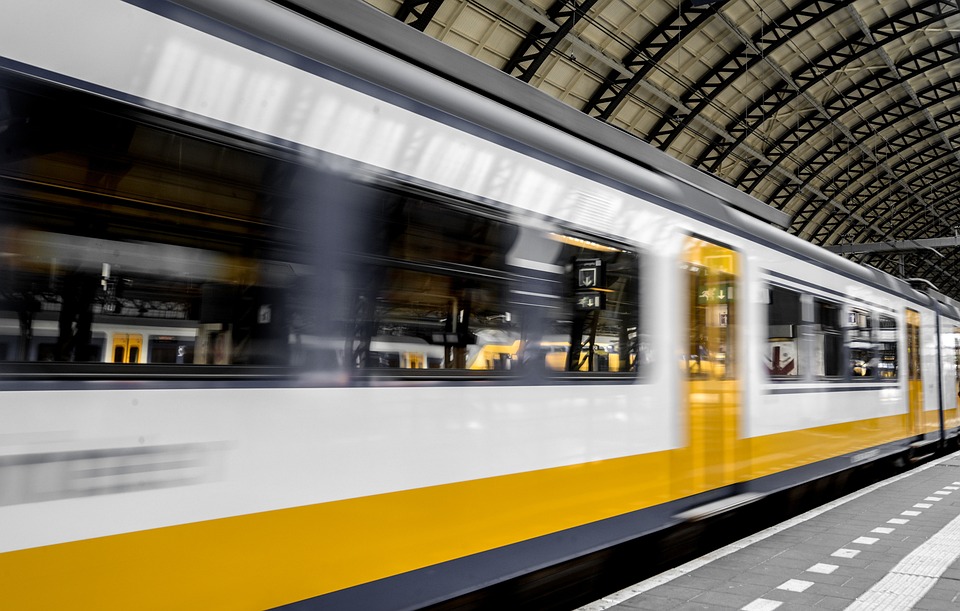
Is Public Transport Safe in Boston?
Boston is known for its efficient public Transportation system, the MBTA (Massachusetts Bay Transportation Authority). The MBTA covers subways (” T “), buses, commuter trains, and ferries to provide residents and visitors with an easy way to get around the city of Boston. In general, Boston public transportation system is considered safe, but to ensure a smooth travel experience, it is important to understand the safety of the different modes of transportation and reasonable precautions.
Subway
Boston subway is one of the most popular public transportation in the city, covering much of the city and suburbs. Is the Boston subway safe? Usually, there are surveillance cameras in subway stations and subway cars, and staff patrol them regularly. Most passengers say the Boston subway is safer during daytime and peak hours. However, a small number of older routes may occasionally experience equipment problems, so it is wise to check the MBTA website for the latest service information before you travel.
Bus
Boston bus routes are widely distributed and are suitable for reaching places that the Boston subway cannot reach. Buses are usually driven by professional drivers and have high safety. Some night routes may appear deserted due to reduced passenger traffic, so it is recommended to choose busier routes at night to avoid waiting alone or traveling to remote stations.
Commuter Trains and Ferries
Commuter trains are suitable for passengers who need to travel to and from cities around Boston, and the stations are usually equipped with adequate security facilities. Ferry lines provide safe and pleasant rides from Boston Harbor to nearby islands or coastal areas.
Precautions for Taking Public Transport at Night
1. Choose busier routes, such as the main Red or Green lines, rather than less-used feeder routes.
2. Avoid traveling alone. If possible, travel with a friend.
3. Stand in a well-lit position close to security cameras while waiting.
4. Use the official MBTA app to check the real-time transport status. Reduce wait times by tracking your vehicle’s location in real time.
Is Boston Tap Water Safe to Drink?
Boston tap water is widely considered safe and of high quality, and fully meets federal and state drinking water standards. Coming from the Quabbin and Wachassett reservoirs, not only is Boston tap water completely drinkable, but it has also received many recognitions for its taste and purity. However, if you plan to improve taste or further remove possible trace mineral residues, using additional home filtration units is a common option. Or you can also choose bottled water as an alternative to tap water, which is more convenient.
Tips for Staying Safe in Boston
1. Avoide Walking Alone at Night
Avoid walking alone in alleys or sparsely populated areas at night. If you need to come home late, travel in a group or use a ride-hailing service (such as Uber/Lyft).
2. Be Careful When Taking Public Transportation at Night
It is basically safe to take the Boston subway and bus during the day, but choose a crowded carriage when using it at night. Avoid waiting in remote or poorly lit subway stations.
3. Pay Attention to Parking Safety
Lock the doors and do not leave valuables in plain sight in the car. Understand the road conditions, parking may be limited in some blocks or require extra caution.
4. Prevent Pickpocketing
In tourist hotspots, such as Quincy Market, Freedom Trail, keep your phone and wallet safe. Use an anti-theft backpack or zip your bag facing you.
5. Watch out for Scams
Avoid discussing finances or borrowing money with strangers. Be alert for suspicious phone calls, emails and street donations.
6. Pay Attention to Accommodation Security
If you are planning to rent the apartments in Boston, choose a safe neighborhood and make sure the house is well-equipped (e.g. locks, Windows, etc.). When staying in Boston hotels, make sure the door locks and room safe are available.
7. Always Remember Emergency Contact Information
Police and emergency help: Dial 911 (for all emergencies such as crime, medical or fire).
Non-emergency police contact: Call the Boston Police non-emergency line at (617) 343-4200.
Conclusion: Is Boston Safe?
Overall, Boston is one of the safer cities in the United States, especially in the city center and major tourist areas, where the security situation is generally satisfactory. However, as with any large city, different areas of Boston differ in terms of security, and different time periods and activity scenarios require additional attention.
Statistics show that the Boston crime rate is in the middle of the low level among major cities in the United States. Especially in the downtown Boston with extensive police coverage, security is higher, and residents and visitors can feel safe to explore. Boston is generally safe during the day, making it ideal for hiking, biking or taking public transportation. At night, however, visitors are advised to try to choose the main road and avoid walking alone on more isolated streets. And be vigilant when taking public transport late during the night. Using a taxi or ride-hailing service can improve safety at night. For long-term residents and short-term visitors, it is particularly important to choose safest areas in Boston and residences with good security services.
In general, the city of Boston and community organizations have invested a lot of effort in maintaining security and improving public safety, making most areas safe during the day and night. However, no city can completely eliminate the risk of crime, so reasonable precautions are essential. With proper planning and proper security measures, you will be able to enjoy a unique culture, a wealth of activities and a safe living environment in the city of Boston.
FAQs on 'Is Boston Safe?'
Is Boston a safe city?
The Violent crime rate NAT. AVG. of Boston are 67%, which is very low. it’s actually the safer city than most of the cities in the nation. The city respects its academic nature and police presence is also adequate, so don’t worry about the violent crimes when you’re visiting Boston.
Is it safe to walk around in Boston?
During the day and night, Boston is generally safe. However, it is important to take precautions if walking around in Boston at night. Avoid walking alone, especially in unfamiliar areas or dimly lit areas, choosing the busy and well-lit areas when walking at night in Boston.
What are the common threats to safety in Boston?
Theft is the most common threat to the safety in Boston, and the second one is the scams. As far as the violent crimes, if you don’t visit some dangerous neighborhoods in Boston, they can be almost avoided.
Which city is safer, Boston or NYC?
According to newly released data, the murder rate of Boston per 100,000 residents of 6.9 was lower than most of the nation’s 50 largest cities. Still, eight other cities had even lower rates, like New York City (5.3).
Is Boston safe for students?
Yes, in general, Boston is safe for students, especially in well-populated areas, and student-friendly areas, like Back Bay, Brighton/Allston, Beacon Hill, Cambridge, Downtown Boston, etc.
Is Boston safe for international students?
Yes, Boston with relatively low crime rate, student-friendly and welcoming atmosphere, and nice quality of campus security, is generally considered safe for international students. But for internation students, avoiding to some dangerous areas in Boston and being aware of scams are important and needed to pay much attention by themselves.
